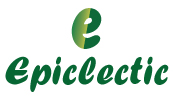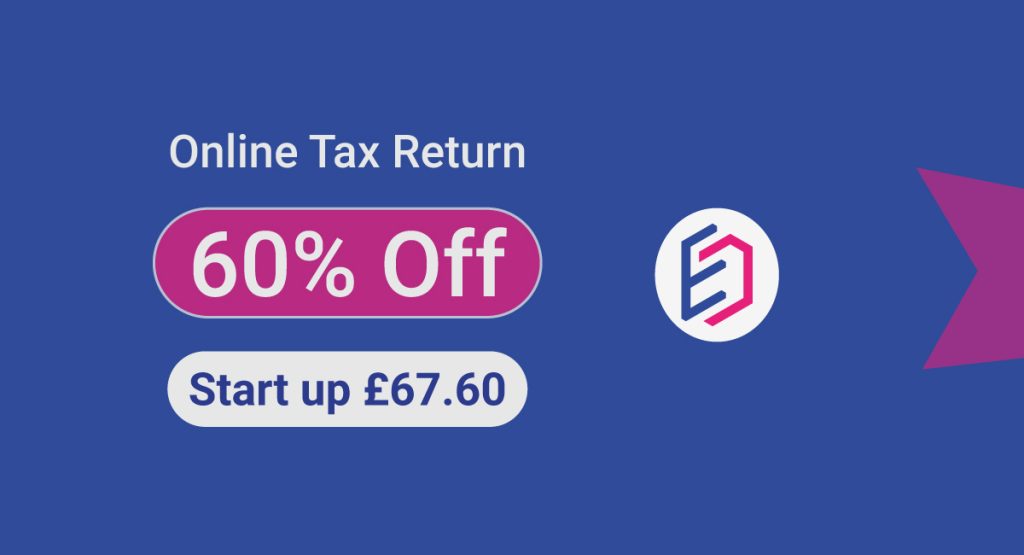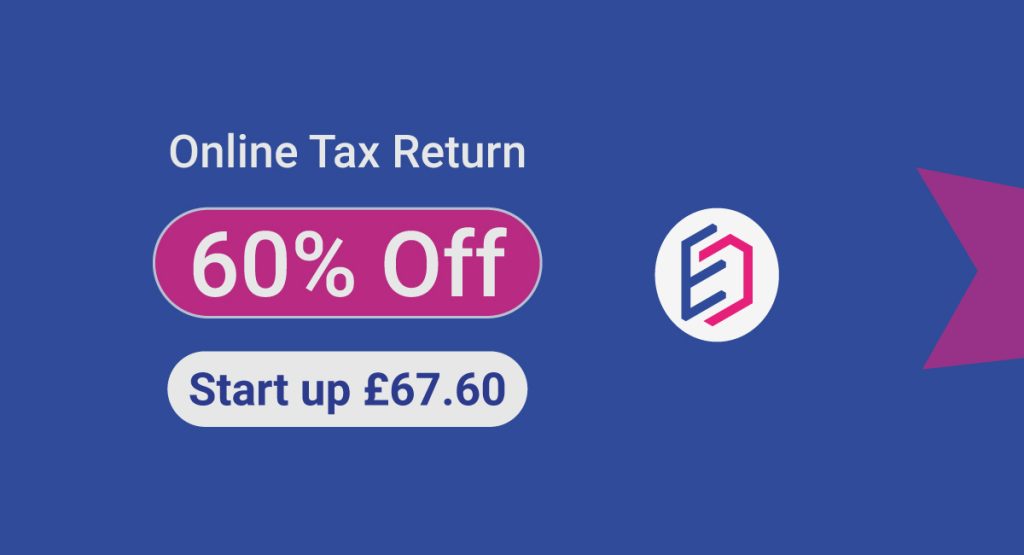Launching a food venture in the UK offers great potential, but it also demands careful attention to regulations and responsibilities. Having suitable insurance coverage is key to protecting your business. If you’re asking, “how much is food business insurance in the UK?”, you’re not alone. This guide offers practical, accurate, and up-to-date insights to help you understand the true cost of insuring your food venture.
Whether you’re running a café in Manchester, a food truck in Brighton, or a takeaway in Birmingham, understanding your insurance costs is key. In the UK, food business insurance can vary depending on many factors. This guide breaks down what you need, what it costs, and how to save money while staying protected.
What Is Food Business Insurance?
Food business insurance protects your enterprise from financial loss related to accidents, liabilities, or equipment damage. It typically covers public liability, product liability, stock damage, and employer’s liability if you hire staff. Some policies also include cover for equipment, vehicles, and business interruption.
Staying compliant isn’t just a rule—it’s a way to protect your income and reputation.
Lacking proper insurance, a single incident could end your business.
How Much Is Food Business Insurance in the UK: Types of Insurance Coverage
Frequently used insurance options are:
Insurance for public liability
Safeguards your business from legal claims if your work results in injury or damage to others. It’s essential for all food businesses, especially those interacting with the public.
Employers’ Liability Insurance
Employers must have this insurance by law—it provides cover if an employee is injured or falls ill because of their work. Not having it can result in serious penalties.
Liability Coverage for Your Products
Helps cover claims resulting from food-related harm, including contamination or allergic reactions. It’s vital for any business that produces, sells, or serves food.
Equipment and Stock Cover
Keeps your vital equipment, machinery, and inventory safe from harm, theft, or breakdown incidents. This ensures you can continue trading with minimal disruption.
Business Interruption Insurance
Covers loss of income if your operations are forced to stop due to events like fire, flooding, or equipment failure. It provides financial backing to help you recover without added stress.
How Much Is Food Business Insurance in the UK?
This is the core question for most business owners. How much is food business insurance in the UK? Your specific business type, income, and operations will determine the answer.
For a small food business:
- Café or small bakery: from £10–£25 per month
- Takeaway or mobile food unit: £25–£70 per month
- Catering business: £40–£120 per month
- Restaurants: Starting from £150 annually, but can range between £2,000 and £5,000 depending on various factors.
Premium amounts can differ from these estimates depending on your particular risk level.
What Affects the Cost of Food Business Insurance?
Many factors affect your insurance costs. Knowing them can help you secure a better deal.
Category of Food Business
Restaurants, food trucks, home-based bakers, and catering services each carry different risk levels.
Business Size and Turnover
Higher turnover usually means higher premiums. Insurers see it as increased risk exposure.
Location Risk Profile
Urban areas may come with higher premiums due to footfall and crime rates. Remote areas might be cheaper but harder to insure for delivery services.
Employment Structure
Hiring employees, especially part-time or temporary staff, increases liability. Your employers’ liability cover could become more expensive as a result.
Claims History and Safety Measures
A history of claims raises your premium. Good hygiene scores and training records can help reduce it.
Common Mistakes That Increase Your Premiums
Many businesses pay more for insurance because they make avoidable errors.
Underreporting Turnover
Some food businesses understate their annual turnover to reduce premiums. While this may lower your costs upfront, it can lead to denied claims or cancelled cover when discrepancies arise during a claim investigation. Reporting accurate information is essential to safeguard your coverage. Choosing the Wrong Coverage Limits
Opting for insurance with limits that are too low might leave you exposed to substantial financial losses. On the other hand, selecting cover far beyond your actual needs can unnecessarily drive up your premium. The key is balancing risk with realistic protection.
Not Informing Your Insurer About Business Changes
If your business expands—by hiring staff, introducing new services, or moving to larger premises—you must notify your insurer. Failing to update your policy can result in gaps in cover, making claims invalid or incomplete when you need support most.
Overlooking the Benefits of Bundled Policies
When considering how much is food business insurance in the UK, many owners miss a key saving opportunity—bundled cover. Buying separate policies for public liability, product liability, and stock protection often results in higher total costs. Bundling these under one provider can lower your premium, simplify renewals, and ensure your cover works seamlessly together. A wise approach to safeguard your business while managing insurance costs.
Hidden Costs to Watch Out For in Food Business Insurance
Hidden costs might not show up at first when getting a quote, but they can catch you off guard. Recognising key details helps ensure you choose the right insurance without hidden setbacks.
Policy Excess
This refers to the deductible you cover before the insurer takes over payment. A lower premium often means a higher excess, so be sure to check this figure before buying.
Mid-Term Admin Fees
If you need to update your policy—like changing business details or adding new cover—many insurers charge administration fees. Such expenses tend to rise over time, especially in developing food businesses.
Optional Extras
Some policies include add-ons such as legal expenses or cyber protection. While useful for some, not all extras are essential. Make sure your policy aligns with what your business truly requires.
Premium Increases After Claims
Submitting a claim can affect your renewal premium, often making it more expensive. While it’s sometimes unavoidable, understanding this possibility can help you decide when and how to claim. By being aware of these hidden costs, you can compare policies more effectively and make confident, cost-aware decisions for your food business.
How to Save Money on Food Business Insurance
You don’t have to sacrifice quality cover to manage costs. If you’re wondering how much is food business insurance in the UK, these practical tips can help reduce your premiums while keeping your business fully protected.
Evaluate Multiple Offers
Avoid choosing the first quote you receive—compare options from multiple insurers to find the best fit for your needs.
Yearly Payment
Paying your premium in one lump sum usually works out cheaper than monthly instalments, which often include interest charges.
Increase Your Voluntary Excess
A higher excess can cut your insurance costs, but only choose this option if you can manage the increased personal expense during a claim.
Maintain a High Food Hygiene Rating
A 5-star food hygiene rating not only builds customer trust but may also help reduce your insurance costs by demonstrating lower risk.
Provide Food Safety Training
Staff trained in food safety, with certificates on display, show insurers your commitment to good practice—something they may reward with lower premiums.
Avoid Unnecessary Add-Ons
Stick to the cover your business genuinely needs. Avoid paying for extras that don’t provide real value for your specific setup.
Taking these steps allows you to manage your insurance budget wisely without compromising legal obligations or customer expectations.
Real-World Scenarios: What Your Insurance Might Cover
Understanding your policy through real-world examples helps you see the value.
- A café’s freezer breaks down and £3,000 of stock is lost
- An individual slips on your premises and takes legal steps against your company.
- A food truck is vandalised before a major weekend event
- A guest reacts badly to allergens in your dish and requires medical attention.
These examples show how a small incident can result in big losses if you’re uninsured.
Do You Need Specialist Cover?
Some food businesses need tailored insurance based on their services.
Alcohol Service
Selling alcohol requires additional licensing and may raise liability risks.
Street Food Vendors
Operating at festivals or markets brings unique risks. Look for cover that includes public liability at events.
Online or Delivery-Only Businesses
Dark kitchens and delivery services face logistics and stock risks. Ensure your policy reflects these.
Mobile or Outdoor Caterers
Preparing food at different locations means you’ll need protection for both equipment and transit.
The Risks of Not Having Proper Insurance
Wondering how much is food business insurance in the UK may seem like a cost concern—but not having the right cover can cost far more in the long run. Inadequate or missing insurance can put your entire operation at risk.
Licence Revoked by Local Authorities
Operating without required cover like public or employers’ liability can result in your local council withdrawing your licence to trade.
High Legal Expenses
Claims from incidents like allergic reactions, injuries, or food poisoning can lead to costly lawsuits. No insurance means you’re fully responsible for legal costs and payouts.
Loss of Public Trust
If a public incident becomes known and your business isn’t insured, customers may lose confidence in your safety standards and professionalism.
Business Losses Beyond Recovery
Fires, theft, and broken equipment can bring your operations to a standstill. Without proper protection, the financial damage may be impossible to recover from. Having the right policy isn’t just a formality—it’s a vital part of protecting your food business and securing its future in the UK.
FAQ: Food Business Insurance in the UK
How much is food business insurance in the UK for a sole trader?
Prices start from around £10 per month, depending on risk and cover.
Is food insurance required by law in the UK?
Employers’ liability is legally required if you hire staff. Public liability is strongly advised.
Does it cover food poisoning claims?
Yes, if you have product liability protection.
Can I claim for lost stock after a power cut?
Yes, if you include stock and equipment cover in your policy.
Is it tax-deductible?
Yes. Business insurance is usually an allowable expense for tax purposes.
Conclusion
So, how much is food business insurance in the UK? The real answer depends on your business’s size, setup, and risk profile. But smart planning can help you secure affordable, effective cover tailored to your needs.
Stay ahead of potential claims by using this guide to understand risks, prevent costly errors, and select the right coverage.
Whether you run a market stall, a busy café, or an artisan bakery, the right insurance helps safeguard your future. Compare quotes today and ensure your business is as protected as the food you proudly serve.




